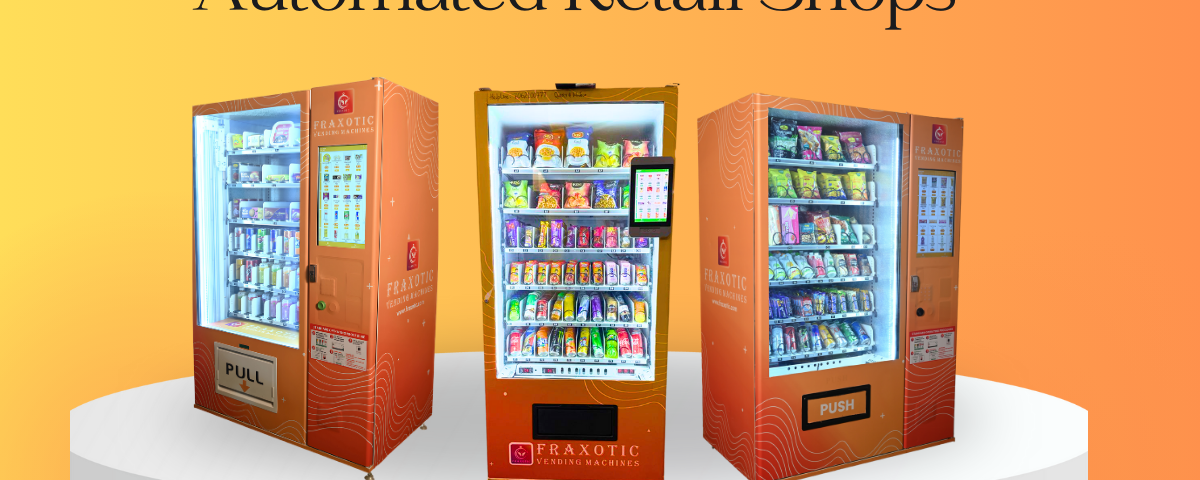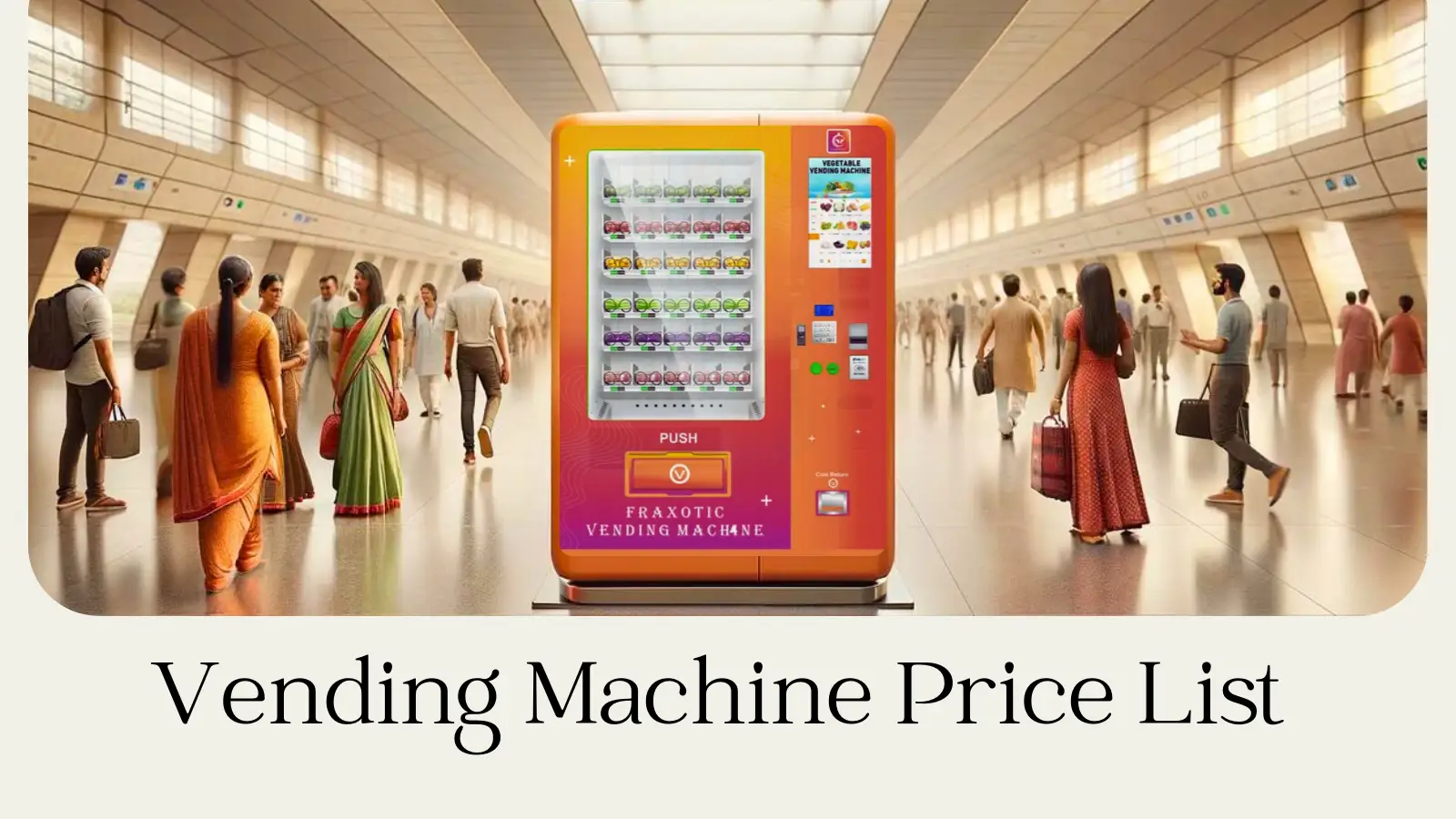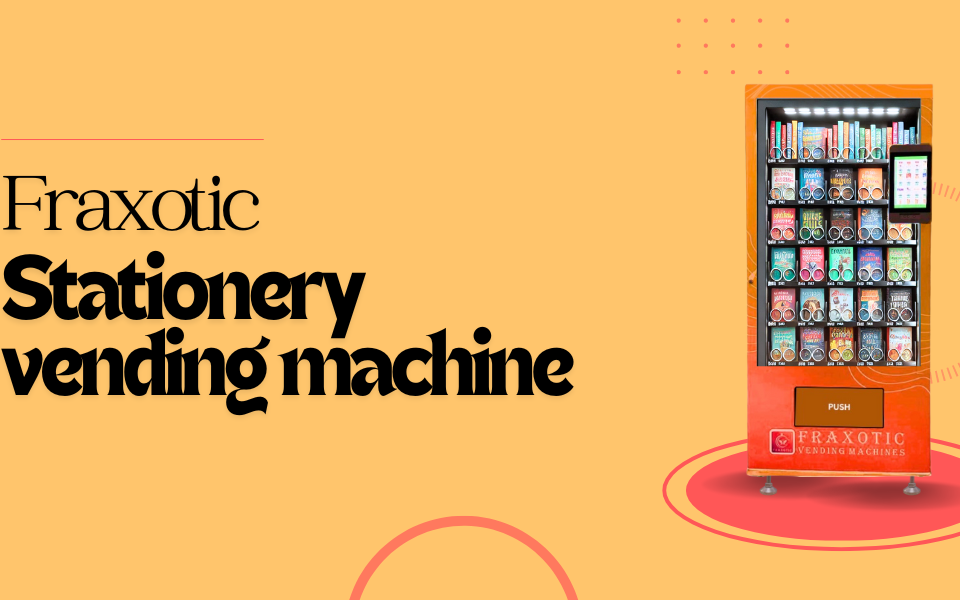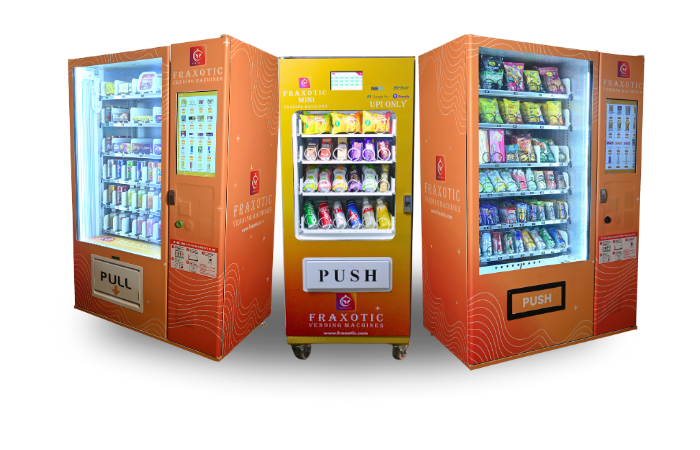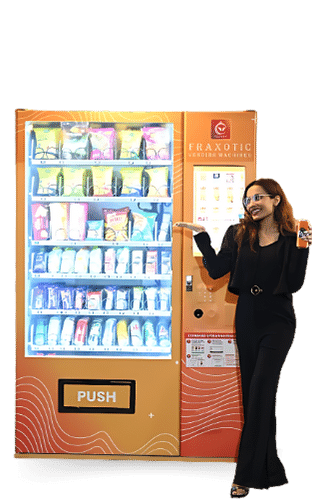
10 FAQs About Vending Machines
April 16, 2024
Top 10 Business Ideas for 2024: Thriving in the New Economy
April 19, 2024Welcome to the cutting-edge world of automated retail shops, where innovation meets convenience in a transformative shopping experience. As technology advances, traditional retail environments are evolving rapidly, paving the way for a new era dominated by efficiency and seamless customer interactions. Initially propelled by the rise of artificial intelligence, the Internet of Things (IoT), and sophisticated robotics, automated retail shops represent a significant leap forward.
Moreover, these technologies are not just reshaping how products are sold but also enhancing how consumers engage with brands, thereby setting a new standard for the retail industry. Join us as we explore the myriad benefits and strategic implementations of automated retail shops, a promising solution for modern retail challenges.
Core Technologies Powering Automated Retail Shops
- Artificial Intelligence (AI): AI is used to analyze customer behavior, manage inventory, and personalize shopping experiences. It helps predict what products customers might be looking for, managing stock levels accordingly.
- Internet of Things (IoT): IoT connects various devices within a store, from inventory systems to checkout counters, ensuring they communicate and operate seamlessly together.
- Robotics: Robots in retail can perform a variety of tasks, such as stocking shelves and assisting in inventory management, which reduces labor costs and enhances operational efficiency.
Benefits of Automated Retail Shops
- Operational Efficiency: Automation reduces the need for a large staff, cutting down labor costs and minimizing human errors in processes like checkout and inventory management.
- Enhanced Customer Experience: With technologies such as self-service kiosks and mobile checkout apps, customers enjoy a seamless, quick, and personalized shopping experience, often with the added convenience of 24/7 availability.
Automated Vending Machines: The Backbone of Automated Retail
- Diversity in Vending Machines: Modern vending machines are highly sophisticated, offering not just snacks and drinks but also gadgets, apparel, and even luxury goods.
- Success Stories: Brands like Best Buy and Sephora have successfully implemented vending machines in airports and malls, providing customers with easy access to products without traditional retail boundaries.
Strategic Implementation of Vending Solutions
- Choosing the Right Products and Locations: The success of a vending machine largely depends on offering the right products that meet the immediate needs of consumers in high-traffic locations such as airports, train stations, and city centers.
- Technology Integration: Implementing the right software and connectivity solutions ensures that vending machines are not only operational but also trackable and manageable remotely.
Ready to Revolutionize Your Shopping Experience? Dive into the World of Automated Retail Now with Vending Machine
Navigating the Challenges of Automated Retail
- Technical Challenges: Maintaining the sophisticated hardware and software that power automated retail solutions is crucial, requiring regular updates and checks.
- Customer Adaptation: Retailers need to educate customers and encourage them to use these new systems, which may involve user-friendly interfaces and customer support.
Impact of Automated Retail on the Workforce
- Job Transformation: While automation may reduce the number of traditional retail jobs, it creates new tech-focused roles in system management, maintenance, and customer support.
- Opportunities for Upskilling: Retailers might need to invest in training programs to equip their workforce with the necessary skills to handle new technologies.
Future Trends and Predictions
- Predictive Analytics: Leveraging big data to improve stock management and customer experience will become more prevalent.
- Personalized Experiences: Future automated retail shops could use AI to offer highly personalized shopping experiences based on past shopping behaviors.
Marketing Strategies
- Digital Marketing: Using social media platforms, SEO strategies, and online advertising to attract and engage customers.
- Community Engagement: Participating in community events and leveraging local networks can promote the automated retail shop locally.
Conclusion
In conclusion, as we look towards the future, the evolution of automated retail shops stands poised to redefine the landscape of consumer transactions. Embracing these advancements not only enhances operational efficiency but also dramatically enriches the customer experience. Furthermore, the integration of cutting-edge technologies such as AI and IoT ensures that these systems are not just novel today but scalable for tomorrow’s demands. Ultimately, adopting automated retail solutions offers a promising pathway to not only meet but exceed the modern shopper’s expectations, setting a new standard for the retail industry at large. This transition underscores the importance of innovation and adaptability in staying ahead in an increasingly digital world.

